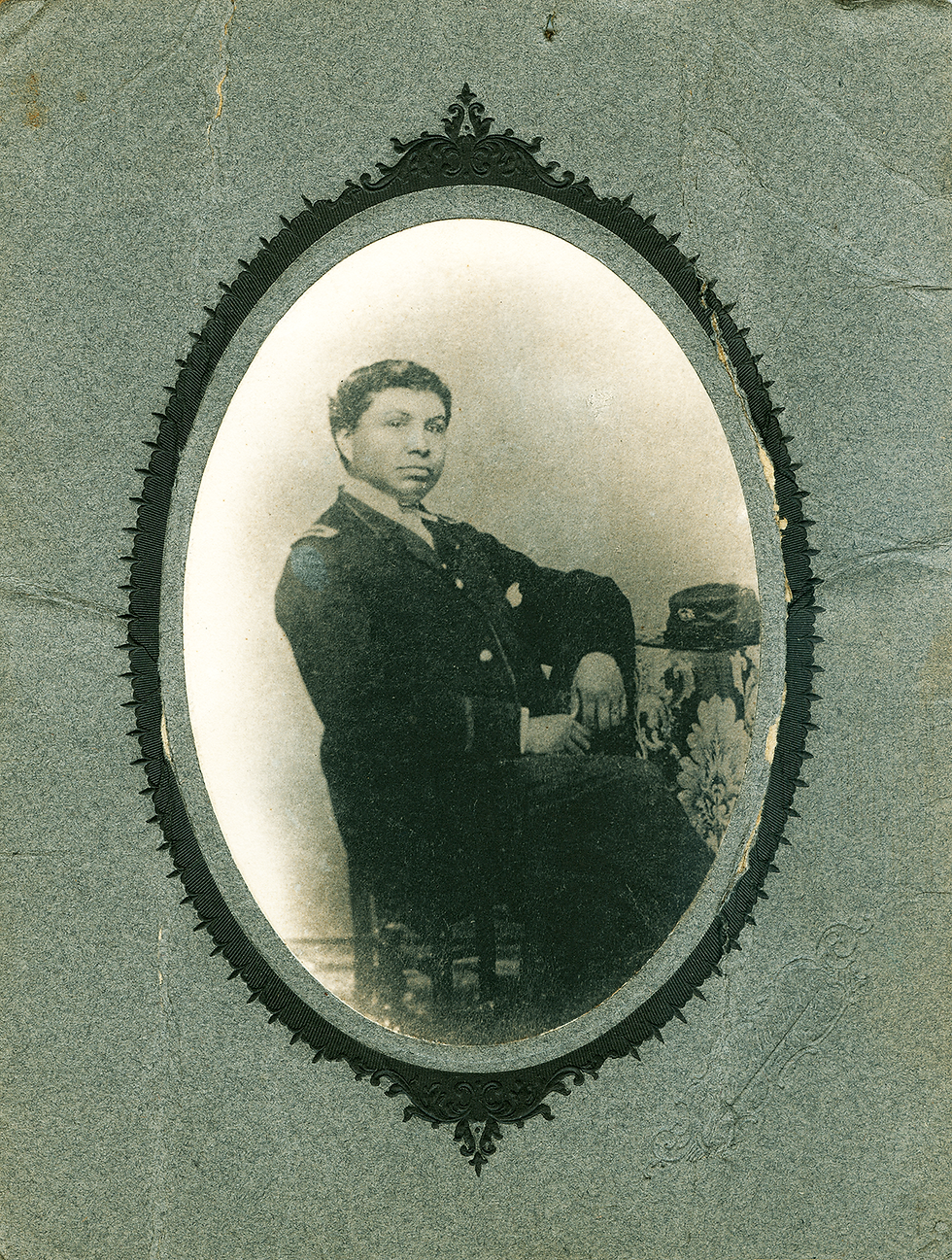Discovering the Black Civil War Surgeon
- Jill Newmark

- Jun 22, 2022
- 4 min read
Updated: Aug 21, 2022
My journey of discovery.
Most people do not realize that Black surgeons were part of the Union Army medical staff during the American Civil War. After more than 12 years of research, I have brought to light the story of their lives and service in my forthcoming book, Without Concealment, Without Compromise: The Courageous Lives of Black Civil War Surgeons.

My journey of discovery uncovering the lives of fourteen Black Civil War surgeons began over sixteen years ago while doing research for an exhibition on African American academic surgeons at the National Library of Medicine. That’s when I first encountered Alexander T. Augusta. During the process of developing a story centered on the founding of Howard University’s medical department, I learned that Augusta was not only the first Black professor in the school’s medical department, he was also the first African American to receive a commission as a medical officer in the U.S. Army during the Civil War. I wondered how many other Black medical doctors served during the war. That question propelled me into a journey that led to thirteen other Black physicians who had served as surgeons with the Union Army.

As I started my quest to learn more, I understood that studying a little known area of history would require thinking outside the box and would have many moments of both frustration and elation. Combing through thousands of pages of documents and historical records is time consuming and tedious, but it is not without its rewards. It is a necessary task that can lead to discovering hidden gems of history. One of those moments for me, came from the monumental task of locating images of Black physicians who had served as Civil War surgeons. The National Archives in Washington, D.C. contains thousands of records related to the service of those who served during the Civil War including medical officers and surgeons on contract with the U.S. Army. While conducting research there, I had one of those moments of pure elation.
In my quest to learn about the experiences these Black surgeons had during the war, I searched through many records including those for military pension applications made by Civil War veterans. Many veterans applied for pensions and I thought perhaps the surgeons did too. I began a search for a possible pension for William P. Powell, Jr. Powell hailed from New Bedford, Massachusetts and had served as a contract surgeon for one year in 1863 at Contraband Hospital in Washington, D.C. I was able to locate his pension application among the nearly three hundred William Powell’s that had also applied, and after filling out the necessary call slip so the file could be retrieved, I waited patiently for the records to arrive in the research room.
While I waited, many questions were swirling around in my head What might his pension application reveal? What could it tell me about his life and his military service? I was anxious to see what his file might uncover. When I approached the research room desk, I was handed two full folders which seemed a bit unusual. Most pension files I had looked at consisted of a single, relatively thin file. Powell’s seemed unusually large. I would soon learn why.

As I sat down at my desk, I placed the folders on the table, and flipped open the top folder. Much to my surprise, staring back at me was a photograph of a man in a military uniform seated at a table where a military style cap rested. I gasped at the sight of him, and trying to maintain the quiet of the research room, found myself screaming using only my inside voice! I flipped the folder open and closed several times before getting up and walking to the window to catch my breath. Could it possibly be that this was a photograph of William P. Powell, Jr. in his Civil War uniform? If it was, it seemed likely that it had not been seen in over 100 years and was completely unknown to most everyone. After gaining my composure, I walked back to the desk and proceeded to take several photos of the image, maybe 15 or 20!
I put the photo aside, and continued to look through the documents in the folders. Inside I found a hand-written statement by Powell explaining the photograph. He said he was born in New Bedford, Massachusetts and was sending his photograph in uniform to prove his service during the war. This was his effort to persuade the pension commission to approve his application. Powell started his application in 1891 and continued to pursue a pension until his death 25 years later. Now I knew why his pension file was unusually large.
You can learn more about Powell’s life and his quest for a military pension, in Without Concealment, Without Compromise: The Courageous Lives of Black Civil War Surgeons, coming June 2023!
Pre-order your book now at Southern Illinois University Press and use the code SIUP20 for a 20% discount.
Images: Major Alexander T. Augusta, Courtesy Oblate Sisters of Providence
Augusta to President Abraham Lincoln, Courtesy National Archives and Records
Administration
William P. Powell, Jr., Courtesy National Archives and Records Administration
© Jill L. Newmark




Comments